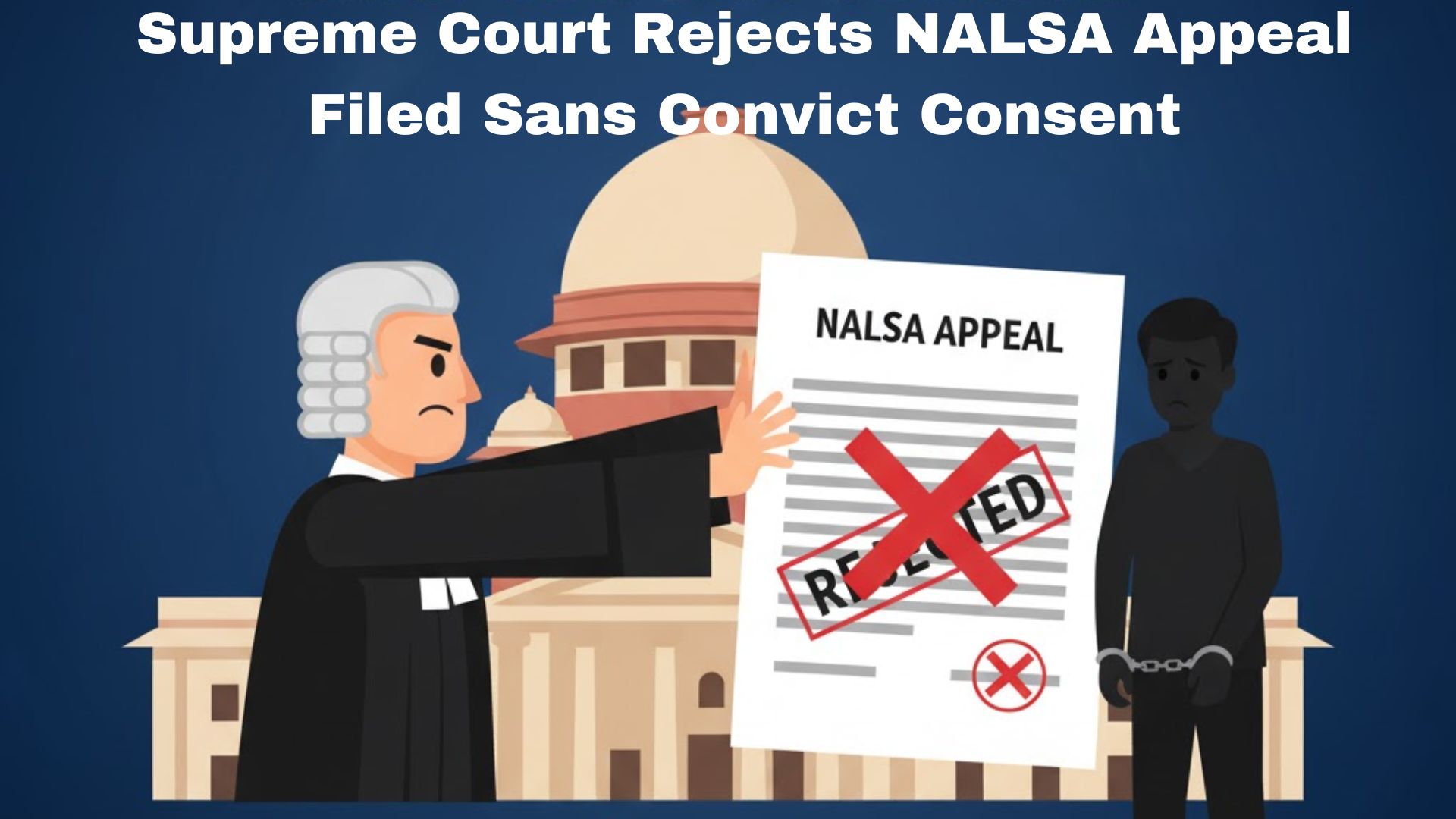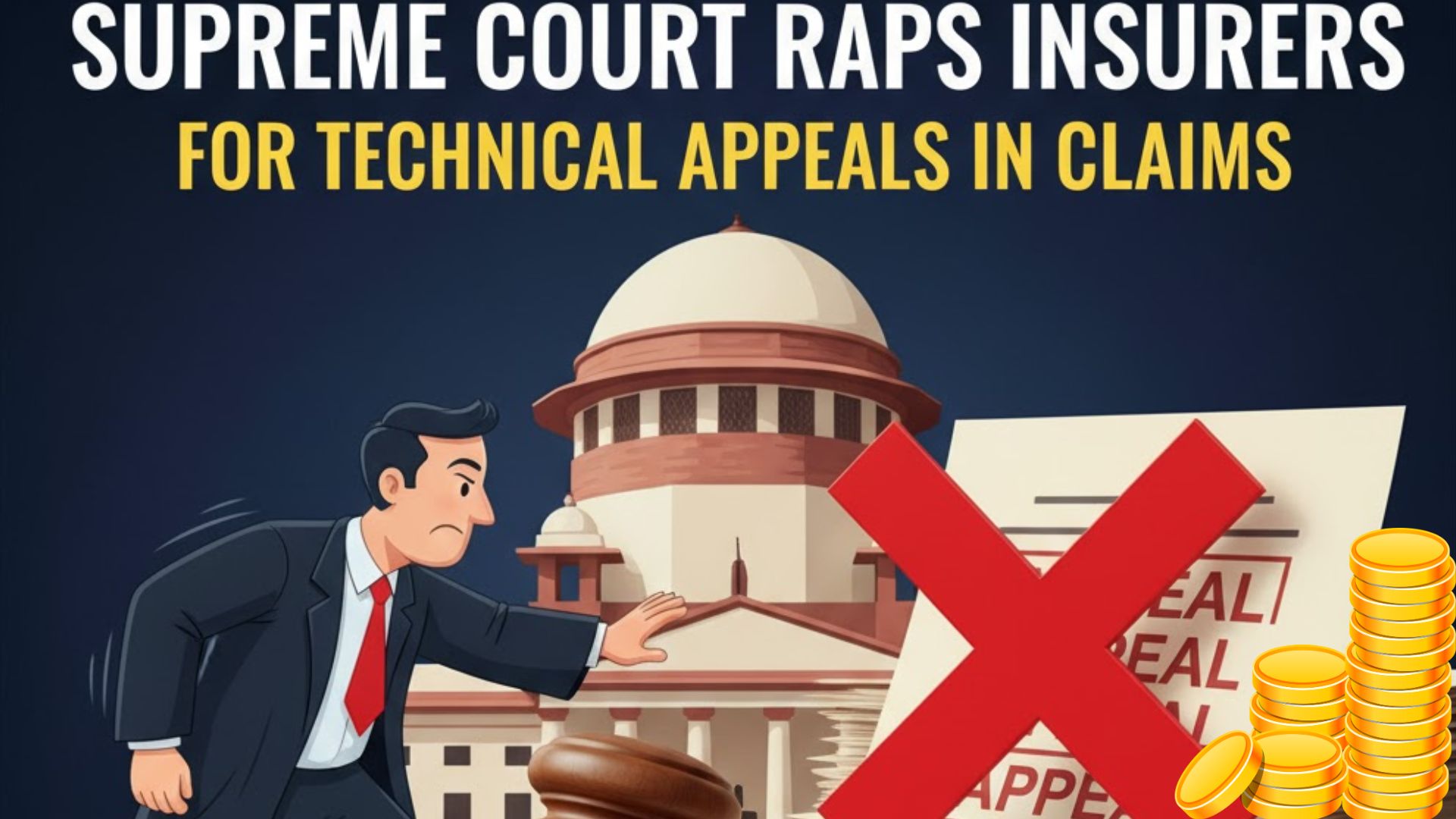Mohammed Nias C.P., J.
1. This is an application filed under Section 439 of the Code of Criminal Procedure, 1973, seeking regular bail.
2. The petitioner is the second accused in Crime No. 932/2023 of Mathilakam Police Station for having committed offences punishable under Sections
341, 323, 324, 325, 449 and 302 r/w Section 34 of the Indian Penal Code.
3. The prosecution case is that between 16.00 hours and 17.00 hours on 24.09.2023, petitioners/accused two in number in furtherance of their
common intention to commit murder of Dhaneesh, the first accused hit him on his head with a weapon. Thereafter, the accused persons fisted
Dhanesh, and the second accused kicked him on his ribs and thereby sustained injuries to him. Later, he succumbed to his head injuries and thereby
committed the above offence.
4. The learned counsel appearing for the petitioner submits that the petitioner, A1 and the deceased are friends and that three incidents took place on
24.9.2023. There was a liquor party in which all of them participated on 24.9.2023. After the party, except for A1 and the deceased, all others had
left. After all the others left, there was a quarrel between A1 and the deceased in which it is alleged that A1 hit the head of the deceased with a
helmet and that the deceased was injured. In the second incident, the deceased had also left, and then A1 had called A2, the petitioner, and in a place
near a toddy shop, there again was a scuffle. After that, the deceased was found lying on the ground and was taken to the hospital, where it was
reported that he was brought dead. FIR was registered at the instance of the person who took him to the hospital. The postmortem report clearly
revealed that the death was due to the blunt injuries sustained to the head, injuries Nos.1 to 5, which actually happened at a time when the petitioner
was not there at the scene of occurrence. Even assuming that the allegations against the petitioner are taken as true, it would only invite an offence
under Section 323 and 325 IPC, and probably under Section 341 of the IPC, and no charge could have been maintained against him under Section 302
IPC as he was not present at the time when A1 attacked the deceased. It is clear from the remand report, which is produced as Annexure 2, as well
as from the report produced by the Public Prosecutor, that the reason for the death was the hit on the head. In the absence of any such allegations
against the petitioner, it is submitted that the charge under Section 302 IPC itself will not lie against the petitioner and prayed for releasing him on bail.
It is also argued that the petitioner is a 22-year-old college student with no antecedents.
5. The learned public prosecutor opposing the bail application had filed a report that showed the reason for the death was the hit on the head.
6. After considering the rival submissions, perusing the report of the investigating officer that suggests the hit on the head by A1 as the cause of death
and not on account of the alleged overt act of the petitioner. At least, this stage, there is nothing to show any conspiracy between A1 and A2 in
committing the crime, as even if the prosecution case is accepted in full, it is only in the third part of the incident that the petitioner has figured. This
read, along with the postmortem certificate mentioned above, at least primafacie clearly lends force to the argument of the learned counsel for the
petitioner that the petitioner cannot be accused of an offence under Section 302 IPC. Taking note of the fact that the petitioner is a 22-year-old
student with no antecedents, and also for the aforesaid reasons mentioned above that show the absence of the petitioner in the scene of occurrence
that caused the fatal injury and since he has been detained since 25/9/2023, and the prosecution raises no apprehension that if he is released on bail, he
is likely to abscond, I am inclined to grant bail to the petitioner, subject to the following conditions:-
 (i) The petitioner shall be released on bail on executing separate bonds for Rs.1,00,000/- (Rupees One lakh only) with two solvent sureties each for the like sum to
the satisfaction of the court having jurisdiction; one of the sureties shall be a parent or close relative of the petitioner.
(ii) The petitioner shall appear before the Investigating Officer on all Saturdays between 9 a.m. and 11 a.m. for a period of three months or till the the charge sheet is
filed, whichever is earlier.
(iii) The petitioner shall not intimidate or attempt to influence the witnesses, nor shall he tamper with the evidence or do anything that might adversely affect the trial;
(iv) The petitioner shall not commit any offence while on bail;
(iv) The petitioner shall not leave the State of Kerala without the permission of the Court having jurisdiction;
(vi) The petitioner shall surrender his passport, if any, within seven days from the date of his release before the Court concerned, and if the release of the passport is
required at a later period, the petitioner shall be at liberty to move an appropriate application for the same before the court having jurisdiction. If the petitioner has no
passport, he shall file an affidavit to that effect before the court concerned on the date of execution of the bond or within three days thereafter.
(vii) The petitioner shall furnish his present address and mobile numbers to the Court concerned and the investigating officer.
(viii) In case of violation of any of the above conditions, the jurisdictional Court shall be empowered to consider the application for
cancellation of bail and pass appropriate orders in accordance with law.
It is made clear that it is within the power of police to investigate the matter and, if necessary, to effect recoveries on the information, if any, given by
the petitioners, even when the petitioners are on bail as per the judgment of the Apex Court in Sushila Aggarwal and others v. State ( NCT of Delhi)
and another [2021 (1) KHC 663].

